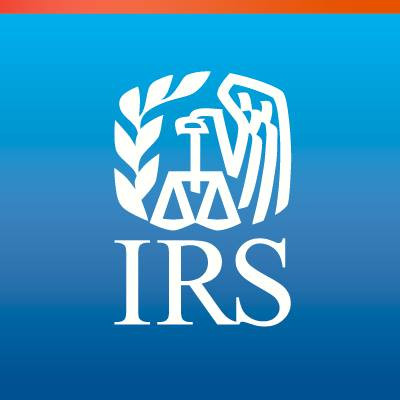The public has been advised to file their US tax refund, and warns them about scammers can steal refunds.
It's tax season and there are scammers who will take advantage to taxpayers.
Spoofing an email (a scammer pretends to be a chief of executive of a company) is not a modus. You might have heard a lot of stories online about how scammers trick many people with its email letters.
Some scammers wrote an aggressive email demanding that someone in accounting or human resources immediately sends over their employees' W-2 forms and threatens them that there will be trouble.
Some receivers of this spoofing email will fall into this trap and end up giving up the private information. Unfortunately, when scammers the W-2 forms, they will use it to steal the refunds of the original owners by filing their tax returns.
The scammers aren't only tricking the ordinary people, but also the Internal Revenue Service or IRS. It is easy for the scammers to obtain the W-2 forms (once the victims share this information) and they can go undetected for weeks or months. Unfortunately, IRS won't tell you when your tax return has been filed. Overall, anyone can steal the refund once they get the important information.
To avoid this scam, it is better to file US tax return as soon as possible. If you haven't already received your W-2, it might be sent by your employer by the end of January. Once you've received all of the documents and paperwork you need to file, start to work it.
It is important to check if you have received the documents by using the IRS' filing status checker to see if your tax return has already been submitted. Once submitted, inform your company and speak to the IRS to file a certain form to get it voided.
In 2016, fraudsters scammed the agency out of at least $1.6 billion in tax refunds from the taxpayers during tax season. According to Government Accountability Office (GAO), there is a way for IRS to prevent further fraudulent activity.
"While IRS regularly assesses risks to and monitors its online authentication applications, it has not established equally rigorous internal controls for its telephone, in-person, and correspondence channels, including mechanisms to collect reliable, useful data to monitor authentication outcomes," said the report. "As a result, IRS may not identify current or emerging threats to the tax system."
GAO's gave 11 recommendations and IRS considered all recommendations. IRS spokesperson Cecilia Barreda declined to comment further.






